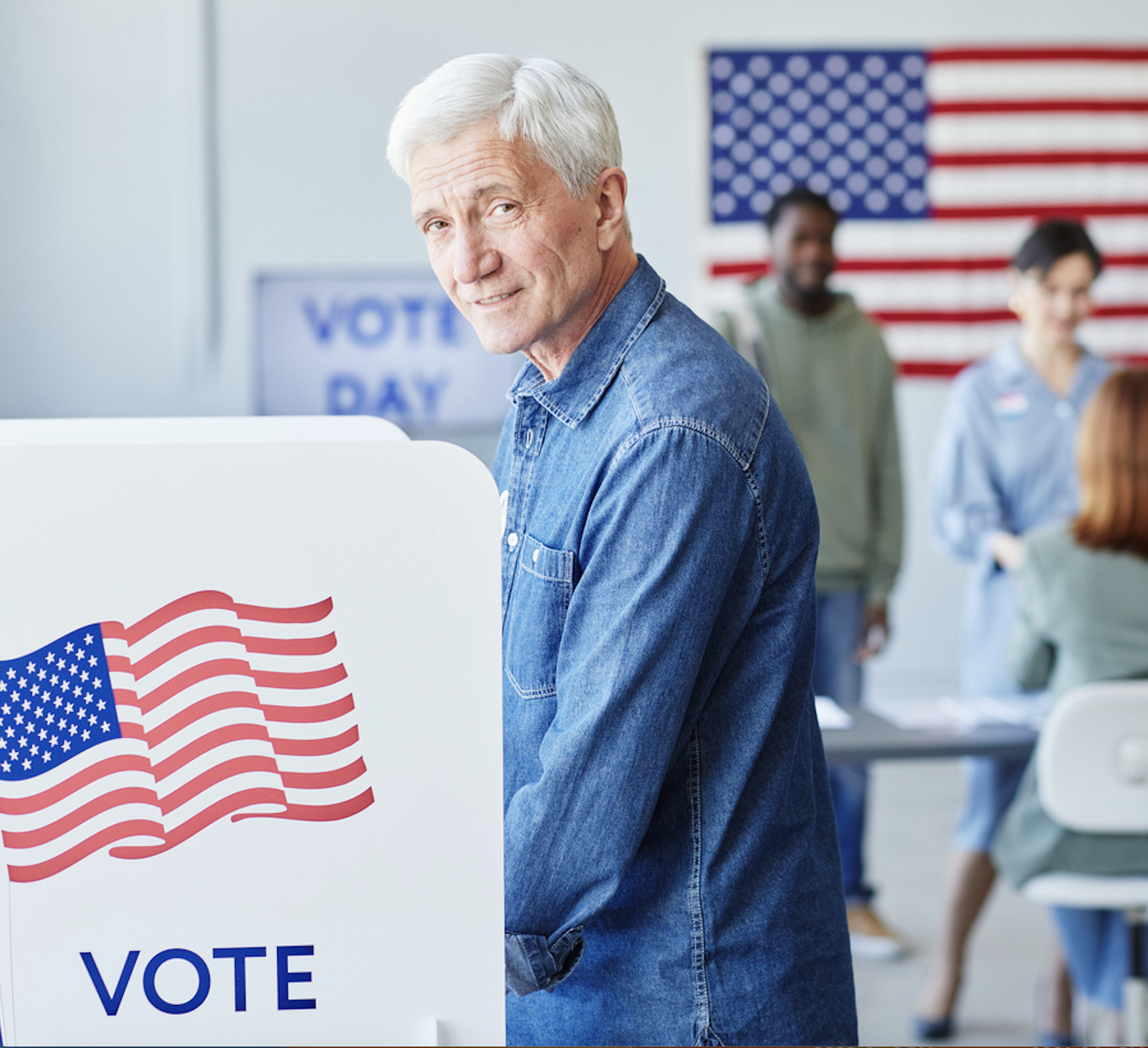Old News: The Place Of Age In Electoral Politics
February 28, 2024

This is not a post about politics, per se. It’s for you to judge the policies, accomplishments, and character of the likely 2 presidential nominees, and whom you choose to vote for is your own business. But what is an important topic for consideration is the current national quandary we seem to be having about the chronological age of the two likely candidates. Assuming former President Trump and current President Biden are the 2 nominees, the question becomes, does their age matter? Does their age alone portend a national calamity during a second term? Should we be worried about the occasional memory lapses, word mix-ups, or perceived physical presentation of either candidate? What do we want to make sure the public understands about the aging brain and body to help voters assess which candidate would be better for our country? The bottom line among experts appears to be that age alone should not be a disqualifier and that ageist assumptions and ignorance are not only a disservice to these candidates but to our broader aging population.
First, a little history. Lawrence Altman, a journalist who has reported on the health of every president since Ronald Reagan (and who is also a physician) makes clear that our founding fathers did not address age when they set out to create a new form of government. So we have no guidance or originalist notions of what physical or cognitive qualities a president should possess. A number of past presidents have had serious physical ailments or psychiatric disorders yet there appears to be no direct correlation between their health and their performance as president. In fact, while presidents often visually age while in office, history shows us that they tend to live longer than the average person. Typically, a thorough and transparent interview with both the candidate and his physician can clear up some concerns, yet neither of the current leading candidates has to date been willing to allow that type of assessment. So we are left to guess with what our eyes perceive, what those close to the candidates disclose to the public, and what we know about the process of aging and how it can or cannot affect a particular individual.
Most if not all of us experience an occasional memory lapse or problem retrieving a word as we get older. This is not surprising and is normal. Experts make clear that you cannot evaluate a person’s cognitive abilities from an occasional word lapse or memory problem, as that’s not usually a sign of mental decline. Your brain is constantly receiving new information and sorting through what’s already in your memory to prioritize which memories are most important to be able to recall. So, for example, experts state that recalling the dates of a highly emotional event is less likely to happen because your brain is more concerned with recalling the actual events and the feelings they evoke. As one expert made clear, “Our memories are centered on our life stories and what’s affected us the most. As a consequence, more insignificant details are often cast off.” No one, especially one who is not a trained expert in memory or brain health, should throw around ageist terms or attempt to diagnose a person based on a forgotten date or inability to retrieve a particular fact.
Yet it also appears that if memory can occasionally falter as we get older, so, too, can the brain compensate and even excel in other ways, something that’s not emphasized enough as we critique the 2 candidates. So, for example, through experience over the years, older adults may have accumulated wisdom and better control over their emotional volatility, qualities we hope for in those who take leadership roles. While everyone ages differently, it’s important when observing all older adults, not just these candidates, to acknowledge that aging can bring positive brain benefits, and not to focus solely on deficits, which perpetuate ageist stereotypes. Older brains can be susceptible to memory weakness, especially under conditions of stress or fatigue, but they can compensate in other ways, drawing on experience and filtering out unimportant details. In fact, perpetuating ageist stereotypes can create something called “stereotype threat” whereby worry about acting in a way that fits a stereotype (such as being perceived as an older forgetful person) increases the likelihood that you will in fact exhibit that behavior.
At a recent gathering sponsored by the American Federation for Aging Research, experts underscored that age should not disqualify either of these candidates. In fact, the concern is that voters may be judging the candidates based on surface characteristics, such as physical presence, rather than more substantive issues such as policies, accomplishments, and behavior while in office. While the issue of health in an older candidate is one rightly raised for such an important office, physical swagger or the strength of one’s voice- which plays into ageist stereotypes- does not tell you whether the candidate has the necessary wisdom, judgment, or decision-making capabilities to handle the enormous tasks of this job. For that, you need to carefully and thoroughly assess what are the accomplishments, policy pronouncements, and goals of the candidate and what type of advisors and experts the candidate surrounds himself with. So put aside your own ageist assumptions and use your wise brain to study each candidate carefully in the months to come.







